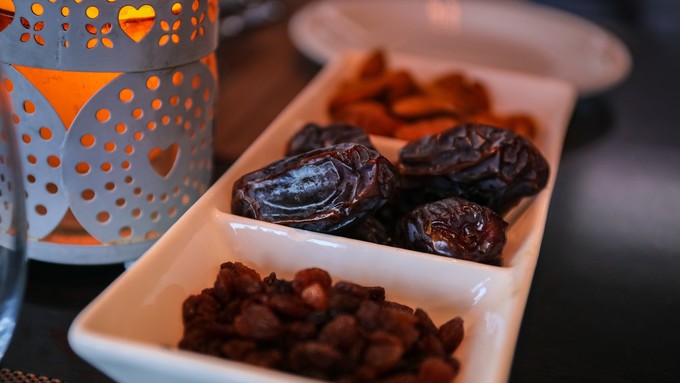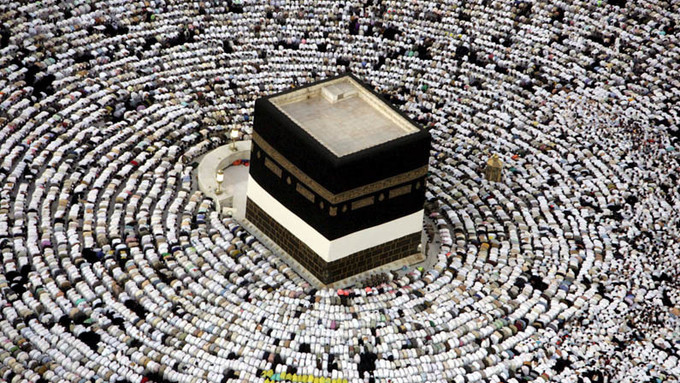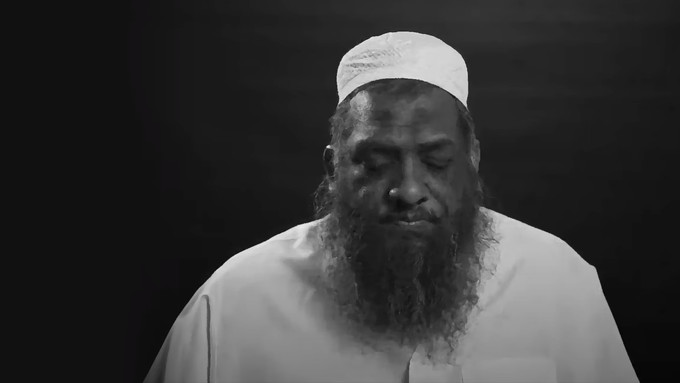Keeping It Going After Ramadan: Istiqaama
Ramadan Series: Part 1: The Pre-Ramadan Checklist | Part 2: Increasing Spiritual Nourishment During Ramadan | Part 3: Keeping It Going After Ramadan
[The following is a transcript of a lecture with Shaykh Khail Abdur-Rashid. It contains minor modifications from the spoken word for the purposes of readability. Transcribed by Musaab Salloum. Originally published in July 2014.]
Before Ramadan, we focused on health, wealth and stealth. During Ramadan, we focused on dhikr and fikr. Now that Ramadan is over, we need to focus on perhaps the most important item of all—istiqaama. After one has gone through the process of preparing for their zakat al-fitr; the process of fasting every day from physical forms of sustenance, and instead eating and gaining nourishment from spiritual forms of sustenance; there will be a spiritual change that the qalb (heart) goes through and experiences. That change will be something that is more apparent at the end of Ramadan. Sometimes it is revealed to some people, and sometimes it is not revealed to those people. But regardless, there is an effect. Coming out of Ramadan, everyone should be about the business of istiqaama.
Ramadan is not hard, even if you have a 17 hour fast. What you experience in Ramadan is not difficult. The difficult part is keeping what you had after Ramadan has left. The shaykh always tells his students that going to hajj, with all of its difficulty, is not hard; what is hard is keeping the noor (light) that you have in hajj when you return from hajj. It’s the same with Ramadan. Through that hardship, that heat, that suffering , that hunger, the sacrifice, the pain, the sweat and the tears, there is a purification that occurs. All those things are not without their benefits. All those hardships are not without their fruits. They produce something inside the spirit of the mu’min (believer). That production is the reformed heart, and in many ways the reformed ruh or soul. If you’re not careful, if you do not maintain istiqaama, if you do not keep what you received, then you lose everything that you’ve gained.
Istiqaama, which literally means uprightness, is about being consistent in the good habits that you have developed in Ramadan. In practical terms, it means whatever you have done, you keep it up. You keep up those good habits. Therefore, just like you fasted during Ramadan from eating, after Ramadan you fast from saying bad things, from speaking bad things. Just like in Ramadan you fasted from looking at haram things, post Ramadan you fast from looking at haram things. You fast with all the seven body parts, the seven limbs that Allah has put your heart and mind in charge of. Your eyes should fast from looking at haram things. Your ears should fast from listening to haram things. Your tongue should fast from speaking haram things. Your stomach should fast from consuming from haram things. Your hands should fast from taking haram things. Your private parts should fast from doing haram things. And your feet should fast from going to haram places. After Ramadan, istiqaama means that all of these seven body parts keep up the habit of fasting, and that the body itself gets into an intensive habit of doing this constantly. You keep up the noor. You keep up the blessings and the sacrifice that you prepared yourself to do. You preserve your attachment to the Qu’ran, and you keep your daily routine of remembering Allah.
Before Ramadan you check your health, correct your wealth, and prepare yourself for stealth. During Ramadan, you keep up your dhikr, and accompany it with fikr. After Ramadan, there is only one thing. Our deen starts with one, La ilaha illallah, our tawheed is one, our qibla is one, our Kaaba is one, our Book is one, our Prophet is one, and after Ramadan the last thing we do is one thing—istiqaama, keeping it up and going forward.
Faith & Spirituality Related Articles

5 Practical Steps To Get You Ready for Ramadan
As Ramadan is less than a month away, we might feel we often haven't done enough to prepare for it. Here are 5 things we can do right now during Shaban to make sure that we get the most out of Ramadan. The Prophet (Peace & Blessings upon Him & His Family) supplicated,” O Allah give us the blessings of Shaban and give us the treasure of Ramadan.”

Hajj at Home: Kindling the Spirit of Arafah
Even if we are not on Hajj this year, our situation is no different. We navigate through the complexities of our daily life, immersed in the never-ending responsibilities of work and family, inundated with the intrusions of technology and social media into every minute of our lives, moving from place to place and idea to idea.
